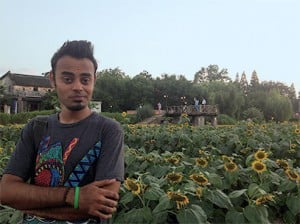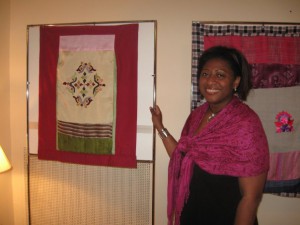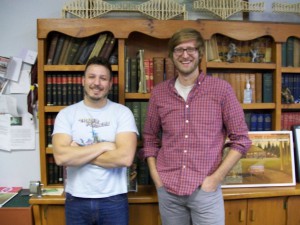Here is our first “Fulbright in Motion” weekly recap blog post! To highlight your Fulbright activities in next week’s recap tweet using #Fulbrightinmotion or e-mail Jennifer Connor, Fulbright Social Media Program Officer, at jconnor@iie.org.
Where was Fulbright last week?
San Diego, California:
Representatives of the Fulbright Program, including both the U.S. Student and Scholar Programs, attended the Association of International Educators’ (NAFSA) annual conference in San Diego.
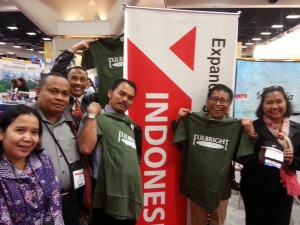
Check out more photos of Fulbright alumni and international exchange partners who attended #NAFSA14!
Miami, Florida:
Fulbright Program staff member Lee Rivers, along with Fulbrigth Alumni Ambassador Sam Gordon Gilman Alumni Ambassador Silvina Di Pietro, presented on Fulbright and Gilman opportunities to The Posse Foundation scholars and at the University of Miami.
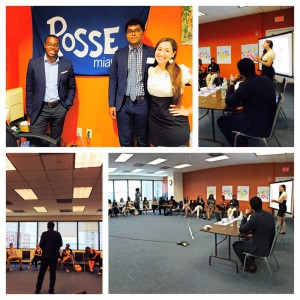
The Posse Foundation is a non-profit organization that identifies, recruits and trains public high school students with outstanding academic and leadership potential — many of them who have been overlooked in traditional college selection processes — and then arranges for full-tuition scholarships for four years at college. Since 1989, some 5,540 public high school students have been through the Posse program and 90 percent of them graduate from college. In 2010, President Obama named the foundation as one of 10 to receive a portion — $125,000 — of the $1.4 million he won with his Nobel Peace Prize. Many Posse Foundation scholars have gone on to receive Fulbright and Gilman grants and scholarships.
Seattle, Washington:
The U.S. Department of State, through the Bureau of Educational and Cultural Affairs (ECA), welcomed 75 first-year Fulbright foreign students form 42 countries to Seattle for the Lab to Market seminar focused on exploring solutions to challenges facing global energy and the environment. The seminar included discussions with experts, visits to industry-leading companies and research institutions, and interactive workshops.
We are saddened to hear of the passing of Dr. Maya Angelou.
Dr. Maya Angelou, a beloved American poet, author, actor, and Civil Rights activist, has died at the age of 86. She became a member of our #ExchangeAlumni community following her #Fulbright 40th Anniversary Distinguished Lecturer grant in 1986, during which she lectured in Liberia.
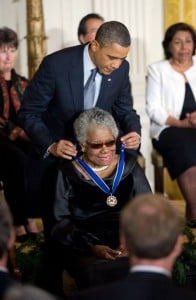
Dr. Angelou, author of “I Know Why the Caged Bird Sings” and “And Still I Rise”, was a Reynolds Professor of American Studies at Wake Forest University in North Carolina. At President Bill Clinton’s 1993 inauguration ceremony, she read her poem “On the Pulse of Morning.” She was the second poet to present at a presidential inauguration; her recording of the poem later won a Grammy in the “Best Spoken Word” category. You can watch a clip of that momentous occasion here: http://goo.gl/Usd6Go
She was awarded the Presidential Medal for the Arts in 2000 and the Lincoln Medal in 2008. In 2010, pictured here, she was awarded the Presidential Medal of Freedom by President Barack Obama http://goo.gl/hvt1NS
Through her illustrious career, life, and legacy, she inspires our passion for lifelong education and the arts.


